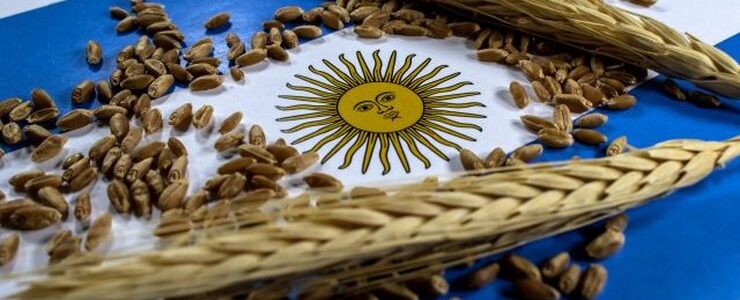
The Argentine government has temporarily abolished high export duties on grain, soybeans, and soybean products, which previously ranged from 25% to 31%, until October 31, 2025, according to GrainTrade. The move is aimed at increasing foreign exchange earnings and stabilizing the national currency amid the economic crisis.
The political context of the decision is linked to the defeat of President Javier Milei’s party in local elections in the province of Buenos Aires. This has heightened investor doubts about the government’s stability and caused the peso to devalue. The central bank has spent more than $1.1 billion of its reserves over the past three days to support the currency market. In total, Argentina has already used $20 billion in funding from the IMF this year.
The abolition of tariffs will sharply increase the supply of soybeans, soybean meal, and oil on the global market. On September 22, November soybean futures in Chicago fell by 1.5% to $371.1/t, and over the week, the decline was 3.3%.
Experts predict further pressure on prices, especially if trade negotiations between the US and China stall.
China, which diversified its imports after the trade war with the US, increased its purchases of Argentine soybeans to a six-year high of 8.81 million tons last year. This reduced domestic processing: in July, about 31% of enterprises were idle, and now the figure is even higher, according to the CIARA-CEC exporters’ association.
For Ukraine, Argentina’s decision means:
increased competition in key markets in Europe and Southeast Asia;
lower export prices for soybeans and soybean products;
pressure on domestic prices from processors due to cheaper soybean meal and oil from Latin America.